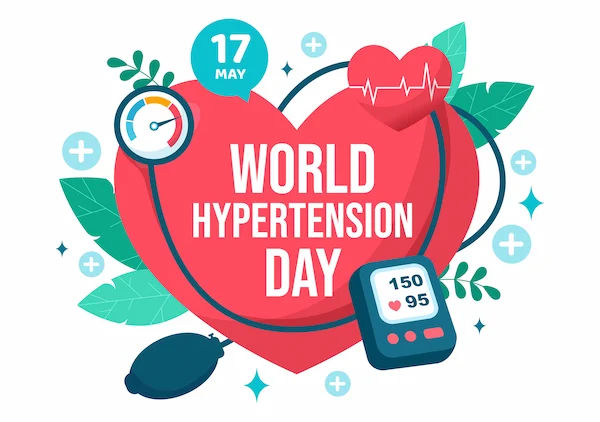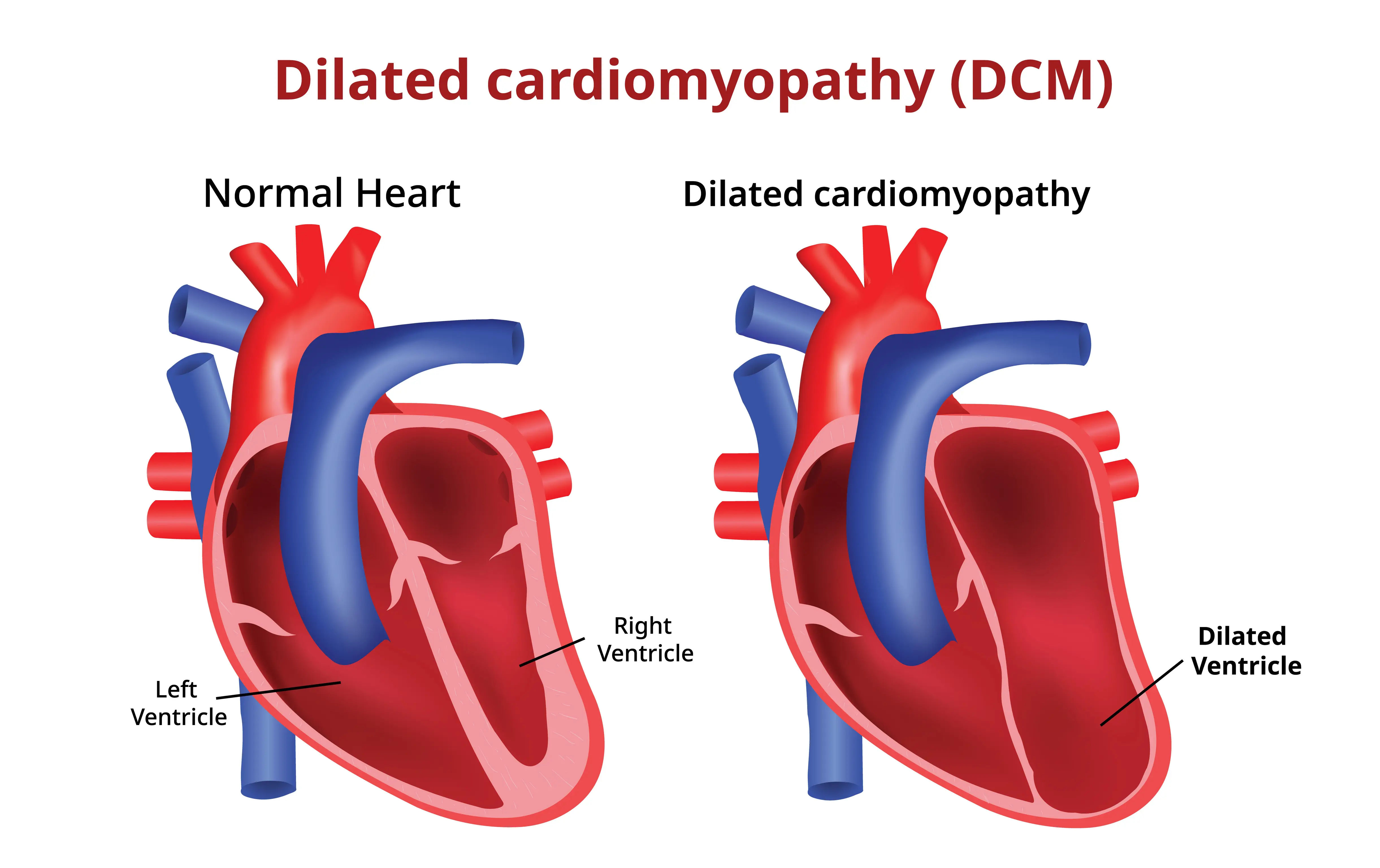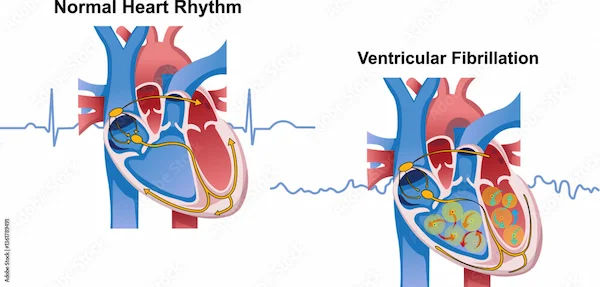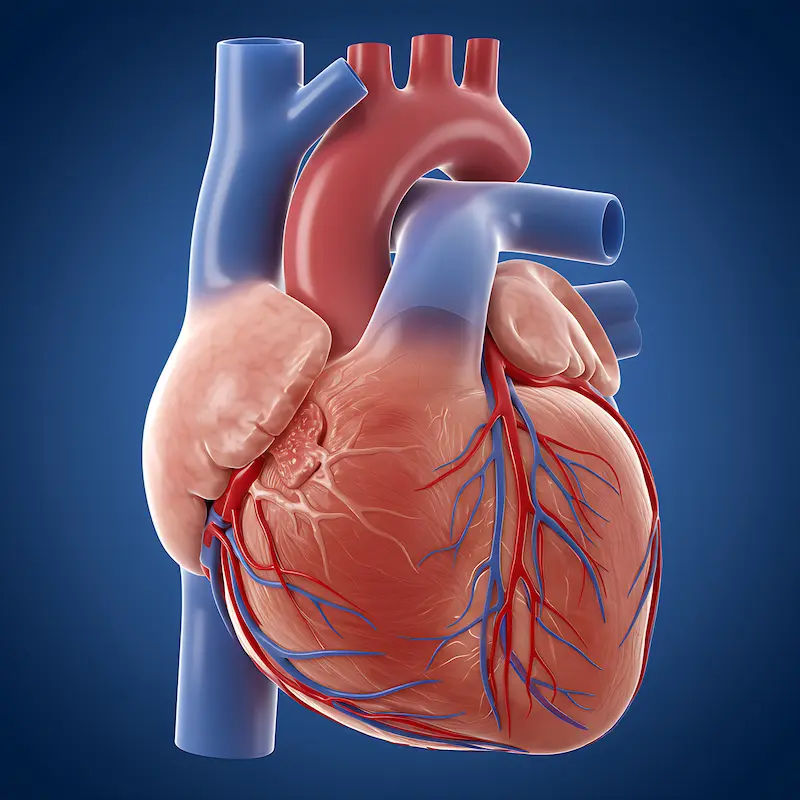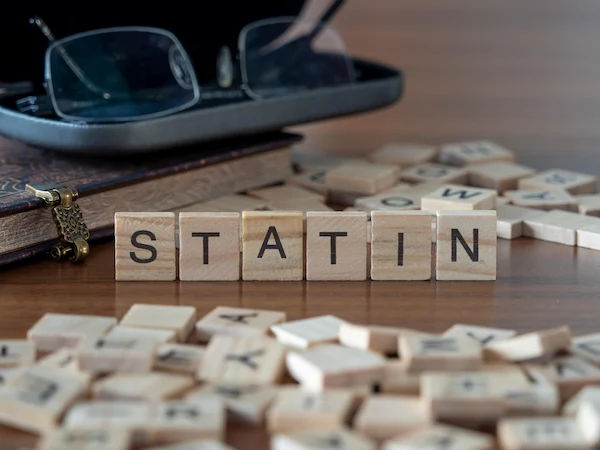- male
- 68 Years
- 22/01/2025
I'm really worried about my dad. He recently had an acute heart attack, and he's 68. Thankfully, he's stable now, but he's also dealing with diabetes. We consulted a cardiologist and decided not to do the angiography because his serum creatinine level was around 1.7, which was a bit high. He's on medication at the moment. Our cardiologist mentioned vaccines called Pulmovac and Vomimp for his heart. I'm curious to know if these vaccines are helpful and if there are any potential side effects I should be aware of.
Answered by 1 Apollo Doctors
Pulmovac is a vaccine that helps in preventing pneumonia, which is important in individuals with heart conditions to reduce the risk of respiratory infections. Vomimp is a vaccine that helps in preventing influenza, which is crucial in maintaining overall health and reducing the risk of complications in individuals with heart problems. Both vaccines are generally safe and well-tolerated, with common side effects being mild and temporary such as redness or swelling at the injection site, low-grade fever, or body aches. It is recommended for your father to follow the cardiologist's advice and get vaccinated to protect his heart health. The dosage and schedule for these vaccines will be provided by the healthcare provider administering them.
Dr. Chandra Suggests...
Consult a Cardiologist
Answered 04/07/2025
0
0

More Cardiology Health Queries
View allI'm dealing with some light pain in my chest and shoulders, and my 2D echo report showed mild MR and TR with PAH and an RVSP of 40 mmHg. Can you help me figure out what steps I should take or what this might mean for my health?
Based on your symptoms and 2D echo report showing mild MRTRPah with an Rvsp of 40mmHg, it is important to manage your condition. You can take Tablet Aspirin 75mg once daily to help with any chest pain and to prevent blood clots. Additionally, you can take Tablet Losartan 50mg once daily to help lower blood pressure and reduce the strain on your heart. It is important to follow up with your doctor for further evaluation and management.
Answered by 1 Apollo Doctors
I'm feeling a bit worried about a sensation I have in the middle of my chest, like something might be blocked. A few days ago, there was pain, but now it's just this light pressure, especially when I lay down. I also have this discomfort in my left breast, like something is blocked, but I can't pinpoint exactly what it is. Could this be something serious, like a blood clot in my lungs or pulmonary embolism, or maybe myocarditis? The weird part is that exercise or taking a deep breath doesn't seem to bother it, but laying down sometimes makes me feel this fullness or pressure. What could it be?
It is important to evaluate your symptoms further to determine the underlying cause of your chest discomfort. The sensation of something being blocked in the middle of your chest, along with pressure and discomfort in the left breast, could be due to various reasons. While it is difficult to provide a definitive diagnosis without a physical examination and additional tests, the symptoms you described could potentially be related to conditions such as gastroesophageal reflux disease (GERD), musculoskeletal issues, or even anxiety. Given that you do not experience worsening symptoms with exercise or deep breathing, it is less likely to be related to a blood clot in the lungs (pulmonary embolism) or myocarditis. However, it is still important to seek medical attention for a proper evaluation and diagnosis. I recommend consulting with a healthcare provider for a thorough evaluation, which may include a physical examination, imaging studies, and possibly an ECG to rule out any cardiac issues. In the meantime, you can consider taking over-the-counter antacids for possible GERD symptoms and practicing relaxation techniques to help with anxiety-related symptoms.
Answered by 1 Apollo Doctors
I recently started feeling some pain on the left side of my chest and it made me really anxious, so I went to the hospital. The doctor had me do an ECG and a 2D Echo. According to the reports, the doctor said my heart is normal. Can you please take a look at my reports and provide your thoughts on them? I'm still a bit worried and could use some advice.
"Sir, based on the ECG and 2D Echo reports that you have provided, which indicate that your heart is normal, it is good news that there are no abnormalities detected in your heart. The pain in the left side of your chest could be due to various reasons such as muscle strain, acid reflux, or anxiety. To alleviate the pain, you can take over-the-counter pain relievers like Acetaminophen 500mg as needed for pain relief. Additionally, practicing relaxation techniques and deep breathing exercises may help with the panic and anxiety symptoms. If the pain persists or worsens, it is advisable to follow up with your doctor for further evaluation. Take care."
Answered by 1 Apollo Doctors
Disclaimer: Answers on Apollo 247 are not intended to replace your doctor advice. Always seek help of a professional doctor in case of an medical emergency or ailment.

